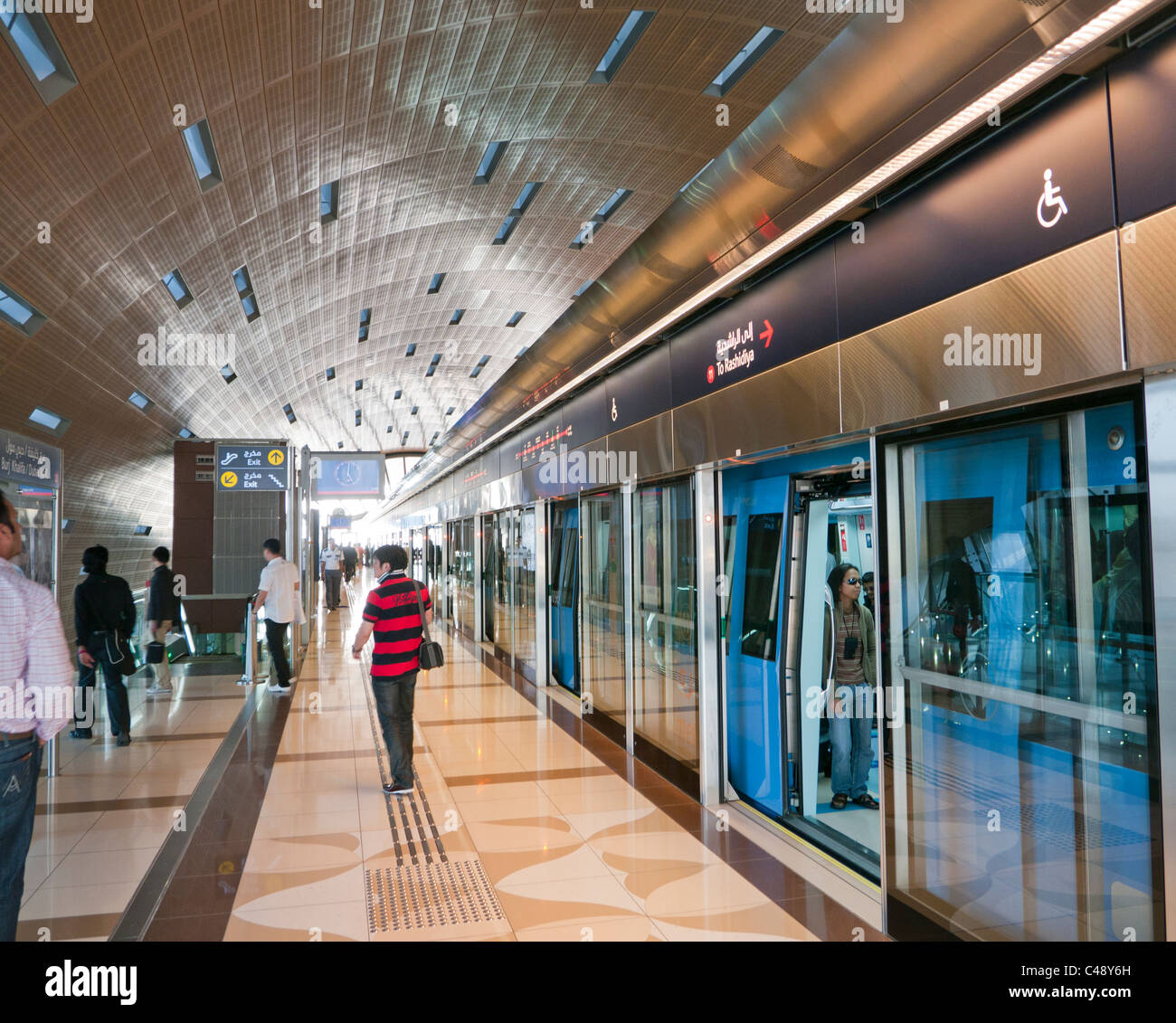jis
Permanent Way Inspector
Staff member
Administator
Moderator
AU Supporting Member
Gathering Team Member
http://trn.trains.com/news/news-wire/2017/01/18-csx-ward-one-person-crew
Maybe railroads will become major user of helicopters to get crew out to locations where they are needed in a hurry.
Specially if driverless trucks start happening in a big way, I don't see why even a one man crew would be required. Persons will be needed to recover from significant screwups, but for normal operation?There's going to be autonomous vehicles out there. There's no question. The only question is when and how much they will be deployed, Ward says. With CSX planning to deploy positive train control by 2020, one does have to question why there has to be two people in the crew.
Longer term, that something were going to have to address, Ward adds, saying that he expects challenging negotiations with labor unions about the issue.
But he says one-person crews are inevitable. Its just a question of when.
Maybe railroads will become major user of helicopters to get crew out to locations where they are needed in a hurry.
Last edited by a moderator:
























































